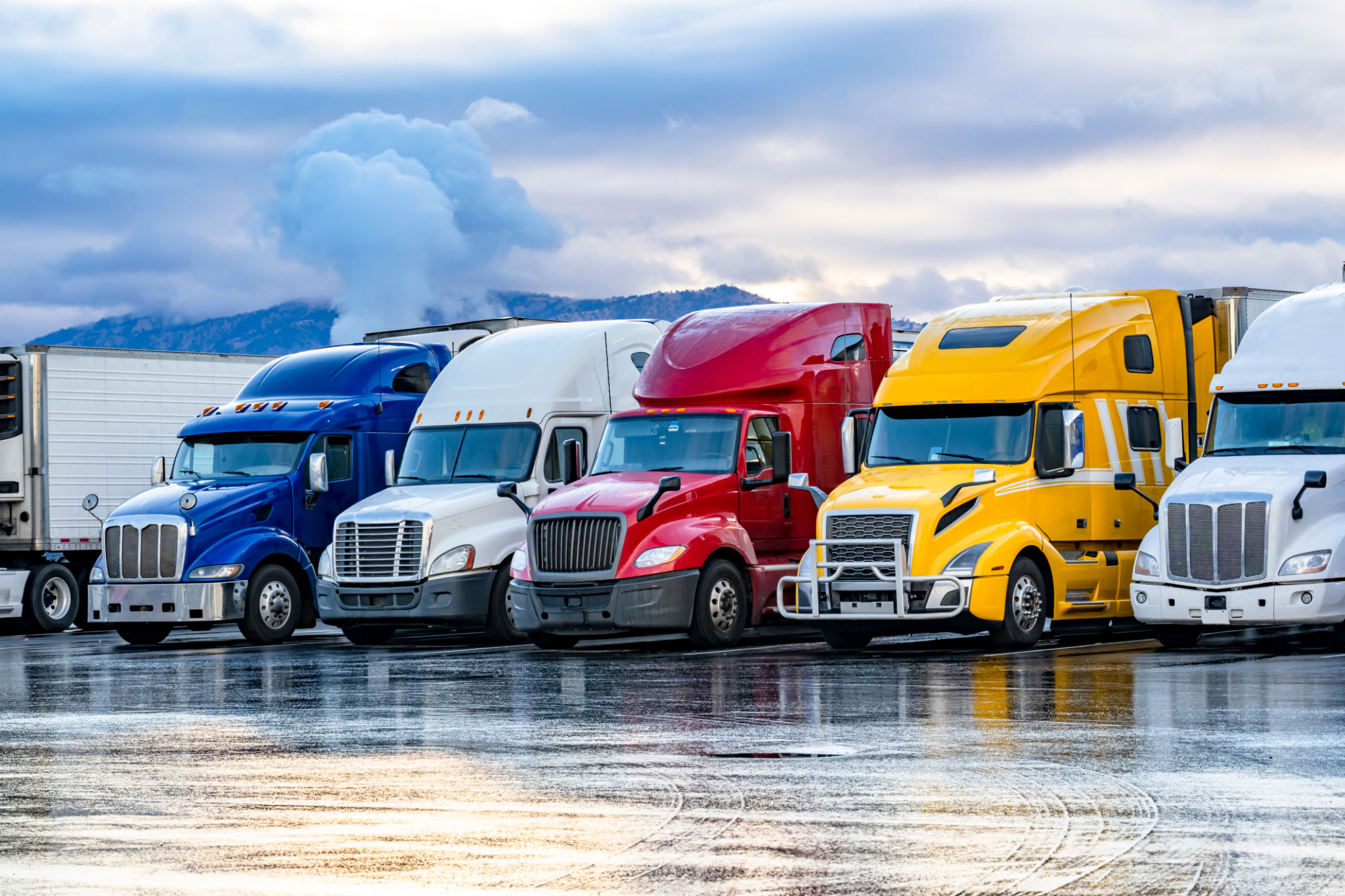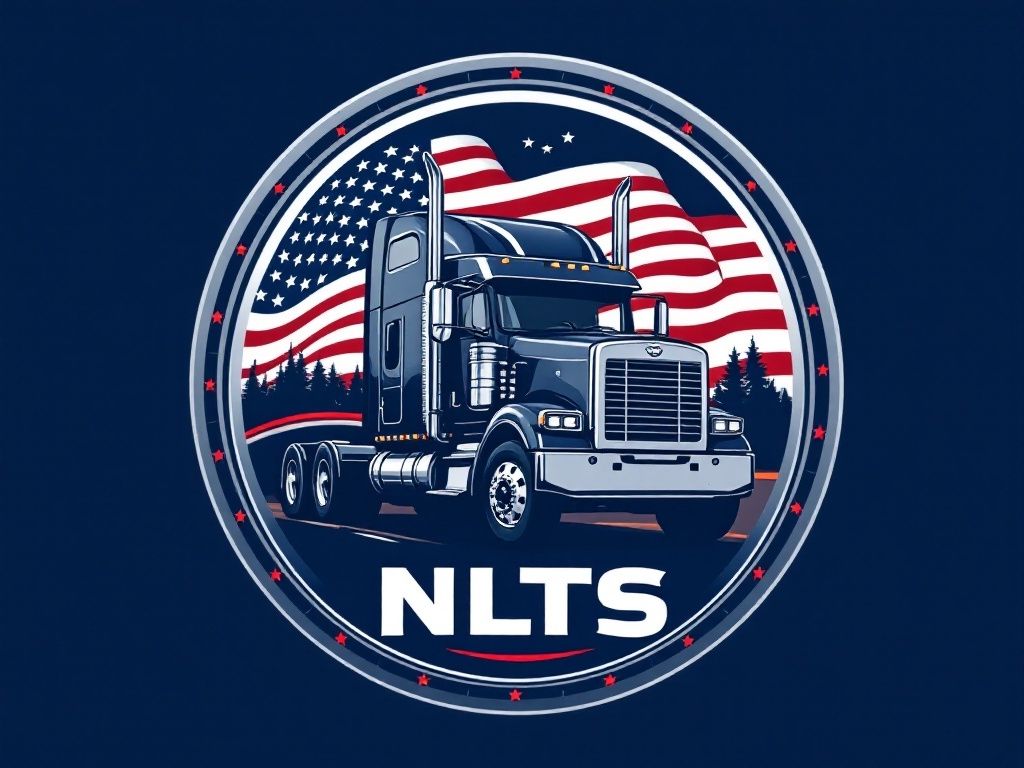Common Misconceptions About Trucking Insurance: What You Need to Know
Understanding the Basics of Trucking Insurance
Trucking insurance is often misunderstood, leading to a range of misconceptions that can affect those within the industry. At its core, trucking insurance is designed to protect both the truck driver and the freight being transported. However, understanding the nuances can be a bit complex due to the variety of coverage options available.
One common misconception is that all trucking insurance policies are the same. In reality, there are several types of coverage, such as liability insurance, cargo insurance, and physical damage coverage. Each of these serves different purposes and covers different aspects of the trucking business.

Misconception 1: Personal Auto Insurance is Enough
One of the biggest misunderstandings in the trucking industry is that personal auto insurance is sufficient for commercial trucks. This is not the case. Personal auto insurance does not cover commercial vehicles, particularly those as large and complex as trucks. Trucking requires specialized policies that address the unique risks associated with transporting goods over long distances.
Without proper trucking insurance, drivers and companies may find themselves facing significant financial losses in the event of an accident. It's crucial to have a policy that specifically covers commercial trucking activities.
The Importance of Cargo Insurance
Another common myth is that cargo insurance is unnecessary. This couldn't be further from the truth. Cargo insurance is vital for protecting the goods being transported. Whether it's electronics, clothing, or food products, cargo insurance ensures that the value of these items is covered in case of damage or loss during transit.

Without cargo insurance, a company could suffer devastating financial setbacks if a shipment is lost or damaged. Even if the freight is covered by a manufacturer's policy, it’s always wise for trucking companies to have their own cargo coverage to mitigate any risks.
Misconception 2: Premiums are Unreasonably High
Many believe that trucking insurance premiums are prohibitively expensive. While it's true that premiums can be higher than those for personal vehicles, they are not unreasonable when considering the coverage they provide. Factors such as the type of cargo, routes taken, and a driver's experience can all influence premium costs.
Insurance companies assess risk based on these factors, and companies can often find ways to reduce premiums by improving safety measures and ensuring their drivers have clean records.

Customizing Your Coverage
Trucking businesses sometimes assume that they must accept whatever policy an insurer offers without any customization. However, this is another misconception. Many insurers offer flexible policies that can be tailored to fit the specific needs of a trucking business.
By working closely with an insurance agent, businesses can identify areas where they might need more or less coverage and adjust their policies accordingly. This level of customization can lead to better protection and potentially lower costs.
Misconception 3: All Insurers Offer Similar Services
Not all insurance providers offer the same level of service or coverage options. It’s essential for trucking companies to thoroughly research potential insurers to find one that offers comprehensive coverage options and excellent customer service.
Choosing an insurer with a strong reputation and specialized knowledge in trucking insurance can make a significant difference in how claims are handled and how well the business's needs are met.

In conclusion, understanding trucking insurance requires dispelling common myths and taking a closer look at what coverage options are available. By doing so, trucking companies can better protect their assets and ensure their operations run smoothly and safely.
